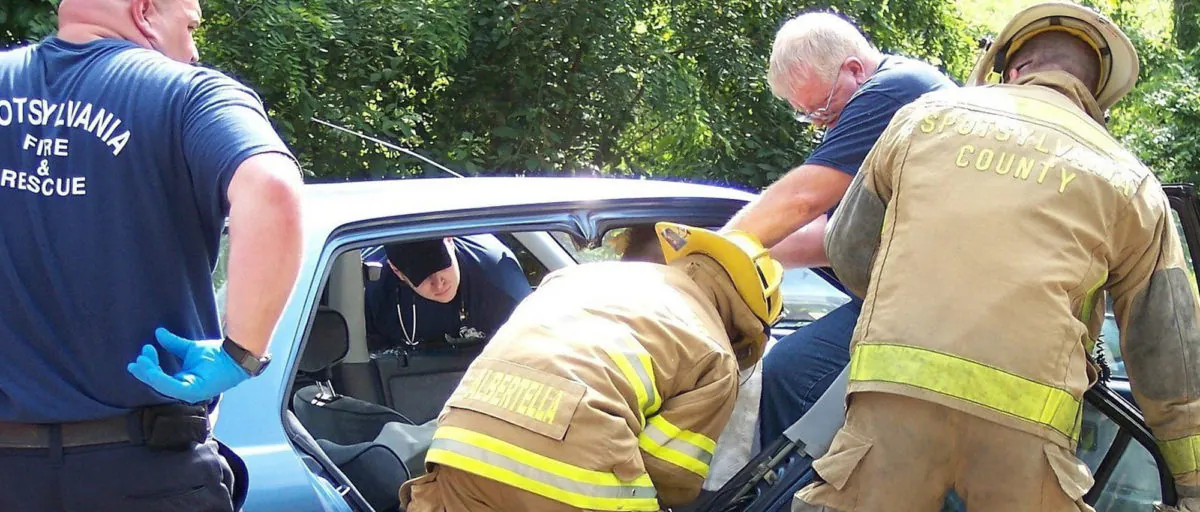Determining Primary Culprits: Truck Driver and Company Liability
When it comes to navigating the complexities of liability in Interstate 10 truck accidents, two primary parties often come under scrutiny: the truck driver and the trucking company. An experienced semi-truck crash attorney understands that comprehending their respective roles and responsibilities is crucial in determining liability and seeking accident compensation for the victims.
Truck Driver Negligence:
Truck drivers are entrusted with the operation of massive vehicles that require specialized skills and constant attention. Unfortunately, factors such as fatigue, distraction, impairment, and reckless driving can compromise their ability to operate safely. In the context of Interstate 10 truck accidents, the following points highlight potential truck driver negligence:
Driver Fatigue: Long hours on the road can lead to driver fatigue, impairing judgment and reaction times. Violations of hours-of-service regulations set by the Federal Motor Carrier Safety Administration (FMCSA) can indicate negligence.
Distracted Driving: The use of mobile devices, eating, or engaging in other distractions diverts the driver’s attention from the road. Proving distracted driving can require evidence such as phone records or witness accounts.
Impairment: Driving under the influence of alcohol, drugs, or prescription medications can significantly impair a truck driver’s ability to operate the vehicle safely.
Aggressive Driving: Speeding, tailgating, and other aggressive behaviors increase the risk of accidents. Witness statements and surveillance footage might reveal instances of aggressive driving.
Trucking Company Responsibility:
Trucking companies play a crucial role in maintaining the safety of their operations. They are responsible for hiring qualified drivers, providing adequate training, and ensuring compliance with regulations. In the context of liability for Interstate 10 truck accidents, the following aspects of trucking company responsibility are examined:
Negligent Hiring: If a trucking company fails to conduct thorough background checks or hires drivers with a history of violations, accidents resulting from driver behavior can lead to the company’s liability.
Inadequate Training: Insufficient training in handling large vehicles, cargo securement, and safety protocols can contribute to accidents. Lack of proper training records can support claims of negligence.
Pressure to Meet Schedules: Companies that set unrealistic delivery schedules may inadvertently encourage drivers to speed or disregard hours-of-service regulations, contributing to accidents.
Monitoring and Enforcement: Trucking companies are expected to enforce safety regulations and address any violations promptly. Negligence in this regard can result in shared liability for accidents.












